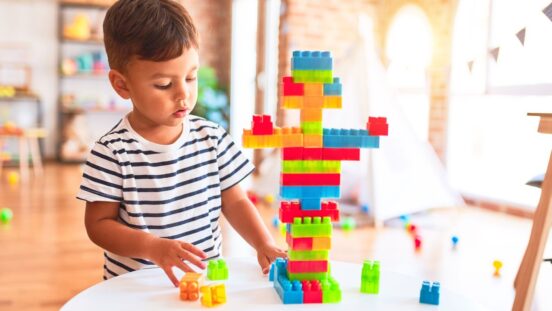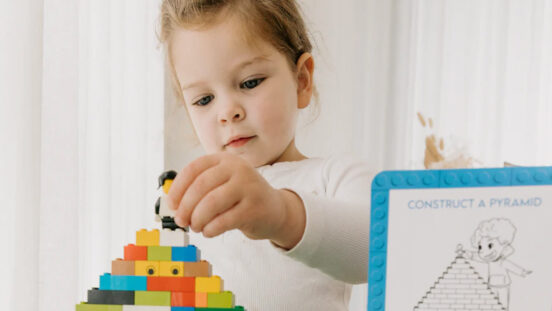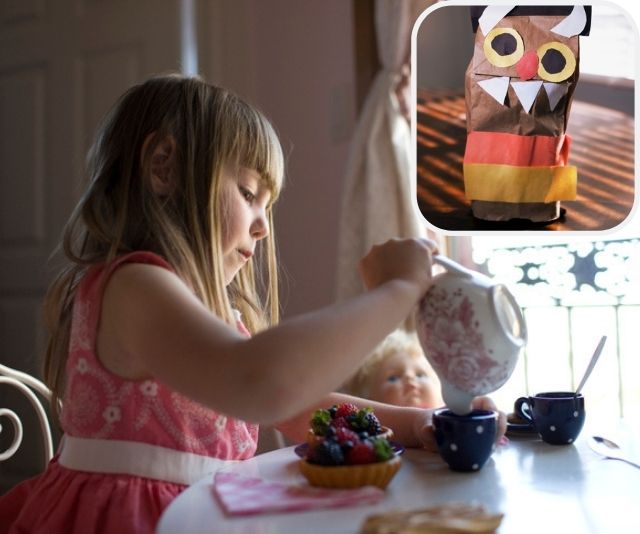Ask the Village: “Help! My son is the last in his daycare age group to be toilet trained”
Bounty Parents community rallies with advice, tips and support for a worried mum
The age that kids start to use a potty or toilet, and stop using nappies, varies – as evidenced by the size and ranges of nappies, pull-up and night-time pants readily available.
A stressed mum put a call-out on Bounty Parents Facebook pages to ask the village for toilet training tips as her son’s daycare has told her, at not yet three years old, he’s behind.
The anxious mum asked the community to help: “Does anyone have any toilet training tips. My son is almost three and I’m having no luck with getting him to pee on the potty. Daycare say he’s the last in his group to master the art of going to the toilet. I hate the idea that he’s behind. Please send any tips!”

It’s important to wait until your child shows they are ready – otherwise you’ll all be frustrated.
Mums come to her support and reassure her with all following a similar theme: that not-yet three years old might be too young for a boy, and that she shouldn’t let it worry her. They speak from experience!
One reassuring parent said:
“Please don’t take any criticisms or comparisons from daycare to heart! My son was almost 4 by the time he was toilet trained, he just wasn’t ready before and that’s perfectly normal, he will get it eventually, some kids just take their time on some milestone.”
Two others mums weighed in, agreeing with the commenter:
“They all learn at their own time! He is definitely not behind.. my boys weren’t tt till almost 4” and “Mine were both 4 or just over when they nailed it”.
Support also came from a childhood educator who shared the wealth of her experience by offering reassurance:
“All children are different. As an Early childhood Lead Educator I always advise families to let the child take the lead. It will happen when he is ready x”
And other mums jumped in saying that the daycare shouldn’t have implied that the worried mum’s son is behind his same-age peers.
“Wrong of them to compare him to other kids!”, said one.
Another said: “My son chose to toilet train when he was over 3. Didn’t want to do a poo until he was 3.5. I’m annoyed with the childcare workers by saying that. They should know more than anyone children develop differently.”
Three is the magic number
For boys, the magic age seems to be after three, not usually before. And boys almost always train later than girls, with one girl mums offering:
“You really have to wait until they are ready unfortunately. My daughter was potty trained at 18 months… Good luck ”
Toilet training can be really hard if you’re busy running around after a number of kids, and little ones don’t want to have to listen to their body and stop and play, just to pee.
“He will do it when he is ready. My son took a long time too, about 3 and a half in age. But once he was ready, he was trained in days. He never had accidents. His brother trained at about 2 and he had more accidents,” one mum reassured.
While another rallied with “He isn’t behind. Wait a bit longer. I started at 3.5 with both my boys and they took to it really easy. They all get there in their own time.”
Maybe he doesn’t need to use the potty, suggested one mum, based on her family of boys who bypassed the potty altogether.
“I thought I would never get my son toilet trained, he refused to sit on the toilet or the potty and wouldn’t even put a pair of undies on. We finally asked him one day if he wanted to stand to pee like his big brothers and within days he was done. All my boys have been later trainers though. Some just take longer to get there.”

A lot of kids toilet train more readily after the age of three.
Is my child ready to potty train?
If your child isn’t ready, whatever the age, it’s going to take longer than necessary and frustrate and upset both of you. First of all, look for signs these signs:
- Showing discomfort by pulling at a wet or dirty nappy
- Hiding to pee or poo
- Taking an interest in their siblings or family using the toilet. Try not to shy away from letting your child see you, as this is one way they learn.
- Staying dry for longer
- Waking up from a nap with a dry nappy
8 simple ways to make potty training easier
When you think your child is ready, or they say they are, make sure you are ready too. Some parents choose to do it in milder months if possible, as the child will wear fewer clothes, clean-up will be easier plus there can be lots of time at home where naked bottoms can have free range.
- Depending on the size of your home, consider having more than one potty. One in your child’s bedroom for night-time and waking up from naps, plus one in the bathroom, and one in the loungeroom/kitchen in case (when!) your little one is caught short. Choose cute options like Bluey, Paw Patrol etc, if you know this will appeal.
- Choose cute undies and suggest that they want to try not to get Bingo, Buzz Lightyear etc wet. You might want to stock up on these to reduce the stress around not having enough clean undies.
- Be mindful of your toddler’s habits – do they usually pee soon after eating/waking up etc, and try to anticipate this so you can ask, “Do you need to sit on the potty?” Try to create a routine such as potty time and washing hands before snacks and meals.
- Make sure your tot can take off their clothes with ease. Skirts and dresses make this easier for girls. Pull-on pants or shorts are the go for boys during this time.
- Keep a step stool in the bathroom so you can be ready to make the next step as soon as the child wants to. Also consider a potty seat for on top of the toilet – that toilet bowl can look fast and scary to some!
- Be ready with praise, treats and reward charts, if appropriate: tell Dad, siblings, Granny and Grandpa how well they are doing, so they can hear you praising them.
- Reading a story while your toddler sits and relaxes on the potty can help pooing a little less stressful for all.
- Try not to get cross or stressed when your child has accidents, as they will happen.
Do you have something you’d like to Ask the Village? You can add your question here.




